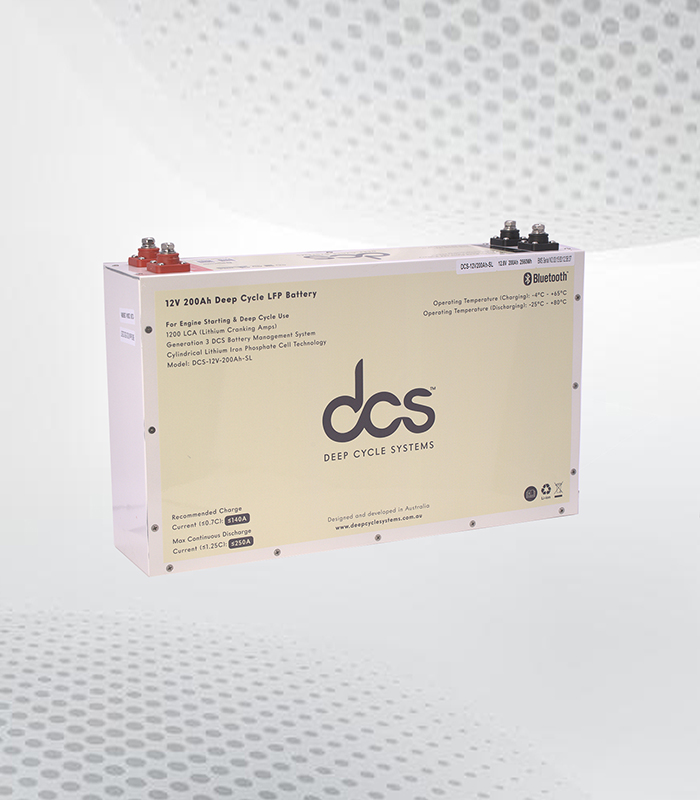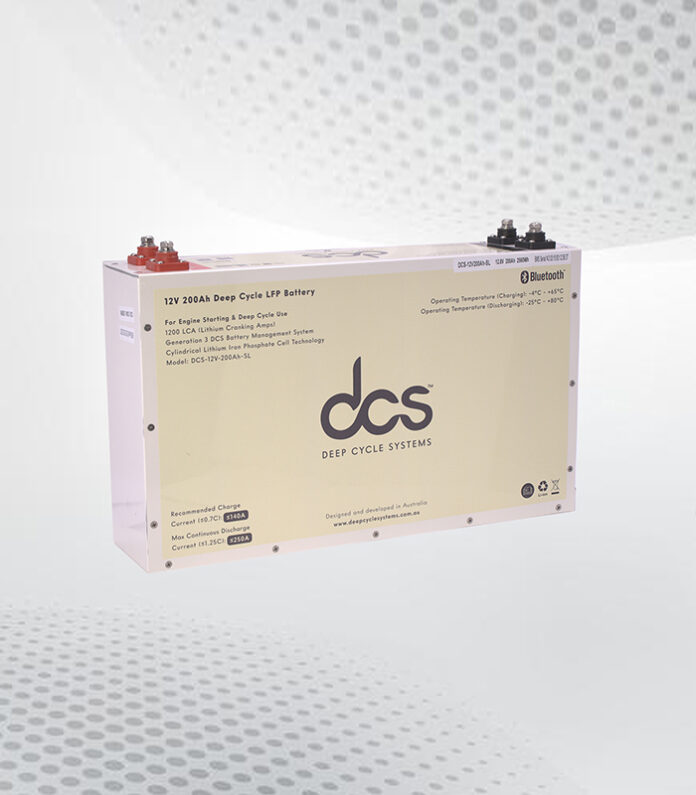In today’s fast-paced, tech-driven world, we rely on our devices to keep us connected, productive, and entertained. But what happens when your device’s battery runs out of juice, leaving you stranded and disconnected? The solution lies in choosing the right lithium battery for your device. With so many options available, selecting the perfect battery can be daunting, especially for those new to the world of battery technology. The process can be overwhelming, from understanding the intricacies of battery chemistry to deciphering the nuances of voltage and capacity. But fear not!
Understanding Lithium-Battery Basics
As you delve into the world of lithium batteries, it’s essential to understand the fundamental concepts that govern their performance and functionality. At the heart of every Battery lies a complex chemistry of electrochemical reactions, where lithium ions move between a positive cathode and a negative anode. This intricate dance of ions enables the flow of electrical energy, powering your devices with remarkable efficiency.
But what makes lithium batteries so appealing? For starters, they boast a high energy density, meaning they pack a lot of punch in a relatively small package. This makes them ideal for portable devices, where space and weight are crucial considerations. Lithium batteries are known for their long cycle life, allowing them to be charged and discharged multiple times without significant degradation.
When choosing the perfect Battery for your device, understanding these basics is crucial, as it will help you navigate the nuances of battery performance, capacity, and safety. By grasping the underlying principles of Battery technology, you’ll be better equipped to make informed decisions and select the ideal battery for your specific needs.
Factors to Consider When Choosing a Lithium
When selecting the perfect Battery for your device, several crucial factors must be considered. First and foremost, you need to consider the device’s power requirements. Different devices have varying power needs, and you’ll want to ensure that the battery you choose can provide the necessary voltage and current to keep your device running smoothly.
Another key consideration is the battery’s capacity, measured in milliampere-hours (mAh). A higher capacity means a longer battery life but also increases the battery’s size and weight. You’ll also want to consider the battery’s chemistry, as different types of lithium batteries have varying characteristics, such as energy density, cycle life, and safety features.
Additionally, the battery’s physical dimensions, connector type, and protection circuitry are also important factors to consider, as they can impact your device’s overall performance and safety. Finally, consider the battery’s certifications, warranties, and manufacturer reputation, as these can assure the battery’s quality and reliability. By carefully weighing these factors, you can make an informed decision and choose the perfect Battery for your device.
Types of Lithium Batteries
When choosing the perfect Battery for your device, understanding the different types of lithium batteries available is crucial. Here are seven key types of lithium batteries you should know about:
Lithium-Cobalt Oxide (LiCoO2) Batteries
These batteries are commonly used in portable electronics such as smartphones and laptops due to their high energy density and long cycle life.
Lithium-Iron Phosphate (LiFePO4) Batteries
LiFePO4 batteries are often used in electric vehicles and renewable energy systems. They are known for their safety and stability.
Lithium-Manganese Oxide (LiMn2O4) Batteries
These batteries balance energy density and safety, making them suitable for power tools and e-bikes.
Lithium-Nickel-Manganese-Cobalt-Oxide (NMC) Batteries
With their high energy density and long cycle life, NMC batteries are widely used in electric vehicles and energy storage systems.
Lithium-Titanate (Li4Ti5O12) Batteries
These batteries are known for their exceptional safety, long cycle life, and low self-discharge rate, making them suitable for applications such as electric vehicles and renewable energy systems.
Lithium-Polymer (Li-Poly) Batteries
Also known as pouch cells, They are flexible and lightweight, making them ideal for applications such as wearables and mobile devices.
Lithium-Ion Capacitors (LICs) Batteries
These batteries offer high power density and long cycle life, making them suitable for renewable energy systems and heavy-duty industrial equipment applications.
By understanding the characteristics and applications of each type of Battery, you can make an informed decision when choosing the perfect battery for your device.
How to Select the Right Battery for Your Device
When selecting the perfect Battery for your device, several key factors must be considered. The first and most crucial step is to determine the specific requirements of your device. What is your device’s voltage and current rating? What is the capacity of the battery you need? Are there any particular safety certifications or regulations that the battery must meet?
Understanding these requirements will help you narrow down your options and ensure that you choose a battery that is compatible with your device. Next, consider the physical characteristics of the battery, such as its size, shape, and weight. Will the battery fit comfortably in the device’s housing, or will it need to be customized?
Additionally, think about the environmental conditions in which the battery will operate. Will it be exposed to extreme temperatures, humidity, or vibration? Choosing a battery to withstand these conditions will ensure it performs optimally and safely. By carefully considering these factors, you can select a Battery that meets the unique needs of your device and provides reliable and efficient power.
The Role of Batteries in Modern Life
In today’s fast-paced, tech-driven world, batteries play a vital role in powering the devices that have become an integral part of our daily lives. From smartphones and laptops to electric vehicles and renewable energy systems, batteries are the unsung heroes that enable us to stay connected, productive, and on the move. Without them, our modern conveniences would be nothing more than inert objects, unable to perform the functions we’ve come to rely on.
Batteries have become so ubiquitous that we often take them for granted, assuming they will always be there to provide the power we need when needed. But the reality is that batteries are a critical component of our modern infrastructure, and choosing the right one for our devices is crucial to ensuring that they perform optimally. With the increasing demand for portable power, the importance of batteries in modern life cannot be overstated. They are the backbone of our digital age, and selecting the perfect Battery is essential to unlocking the full potential of our devices.
Decoding the Power of Lithium
Lithium batteries are the lifeblood of modern devices, powering everything from smartphones to laptops and electric vehicles. But what makes them so effective? At the heart of a Battery lies a complex chemistry that enables it to store and release energy with remarkable efficiency. Lithium, a highly reactive metal, is paired with other elements to create a powerful electrochemical reaction. This reaction allows the battery to harness and release electrical energy, making it possible to power devices of all shapes and sizes.
The unique properties of lithium, including its high energy density and low self-discharge rate, make it an ideal choice for battery production. As a result, lithium batteries have become the go-to power source for many devices, offering a reliable and efficient way to keep them running all day. By understanding the power of lithium, you can better appreciate the importance of choosing the right battery for your device.
Exploring the Secrets of Deep Cycle Battery Technology
Delving into the world of deep-cycle battery technology can be a fascinating journey, especially for those seeking to harness the power of lithium batteries for their devices. At the heart of these innovative batteries lies a complex architecture that enables them to store and release energy efficiently, making them ideal for applications that require a steady power flow over an extended period.
One of the key secrets to deep cycle battery technology lies in its ability to withstand the rigours of repeated charging and discharging cycles without compromising on performance or capacity. This is achieved through specialized materials and design elements, such as thick plates, heavy-duty separators, and advanced electrolytes. These work harmoniously to minimize wear and tear on the battery’s internal components.
As a result, deep-cycle lithium batteries can deliver a reliable and consistent energy supply, even in the most demanding applications. By understanding the intricacies of deep cycle technology, beginners can make informed decisions when selecting the perfect Battery for their device, ensuring optimal performance, longevity, and safety.
Unveiling the Marvels of Batteries
Unveiling the marvels of lithium batteries reveals a story of remarkable innovation and transformative power. These advanced energy storage devices have revolutionized industries from consumer electronics to renewable energy and electric vehicles. Their key allure lies in their superior energy density, allowing them to store more energy in a smaller and lighter package than traditional battery technologies.
This characteristic extends the runtime of devices and enables sleeker designs and greater portability. Lithium batteries are celebrated for their efficiency in converting stored energy into usable power, minimizing wasted energy and maximizing performance.
Moreover, their longevity and durability make them preferred for applications demanding reliable and long-lasting power solutions. As technology advances, so do lithium batteries, with ongoing research focused on enhancing their safety, charging speed, and environmental sustainability. The journey of lithium batteries represents a pivotal shift towards cleaner and more efficient energy solutions, promising a future where energy storage is both powerful and sustainable.
Conclusion
In conclusion, choosing the perfect lithium battery for your device can be daunting, especially with the numerous options available in the market. However, you can make an informed decision that meets your needs by understanding the key factors to consider, such as voltage, capacity, and chemistry. Whether you’re looking to power a small gadget or a large-scale industrial application, selecting the right Battery can make all the difference in performance, safety, and reliability. By following the guidelines outlined in this guide, you’ll be well on your way to finding the perfect Battery for your device.
FAQ’s
What is the safest type of lithium battery?
Lithium Battery are considered one of the safest lithium batteries due to their stable chemistry and low risk of thermal runaway.
How do I determine the right battery size for my device?
Consider the power requirements of your device, including voltage, current, and capacity, to determine the appropriate battery size.
Can I use a Battery in extreme temperatures?
While lithium batteries can operate in a wide range of temperatures, extreme temperatures can affect their performance and lifespan. Always check the manufacturer’s specifications for temperature ratings.
How do I ensure the Battery I choose is safe?
Look for batteries that comply with safety standards (like UL certification) and have built-in protection circuitry against overcharging, over-discharging, and short circuits. Buying from reputable manufacturers also ensures quality and safety.
Can I use any Battery for any device?
No, it’s essential to match the battery’s specifications (voltage, capacity, chemistry) with your device’s requirements to avoid compatibility issues and potential damage to your device or the battery itself.
| Other Good Articles to Read |
| skank blogs |
| unreal blogs |
| tba blogs |
| all city forums |
| dany blogs |
| the music blogs |
| key forums |
| the big blog theory |
| joe blogs |
| blogs 4 me |
| Blogs Emon |
| Related Business Listings |
| Directory Submissions |
| Regional Directory |
